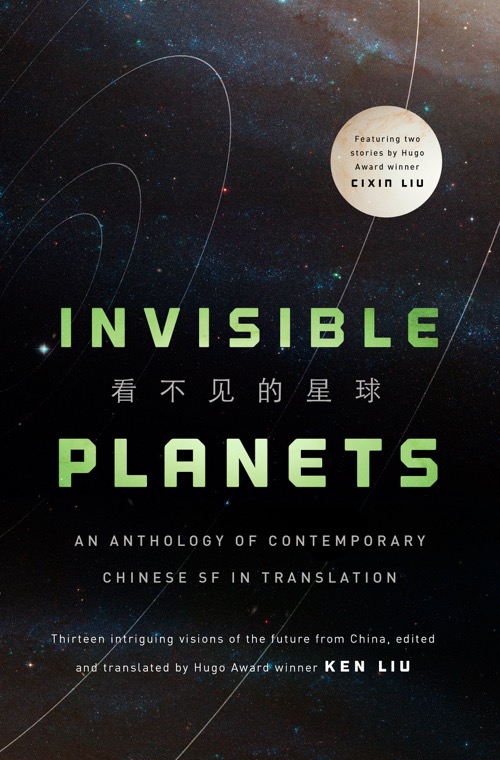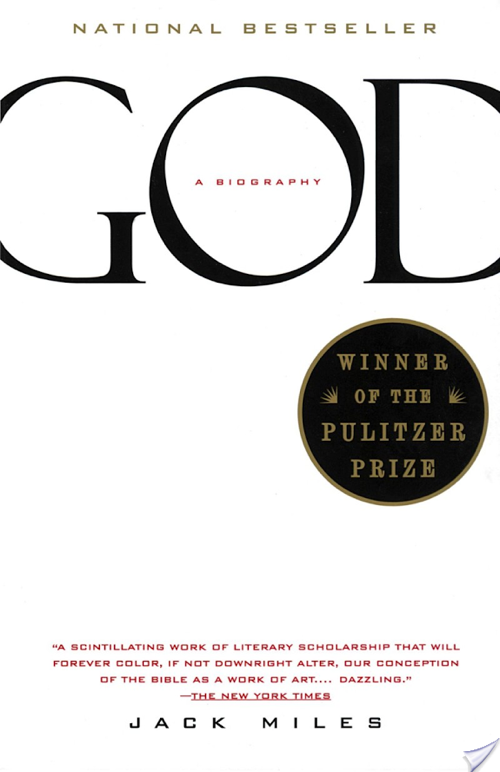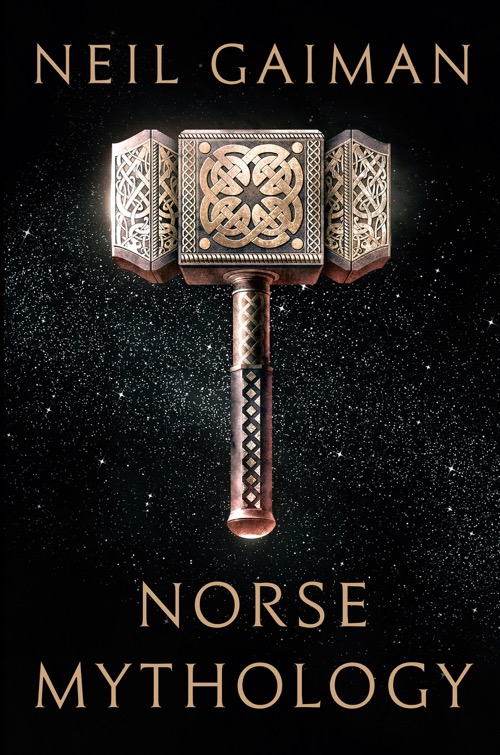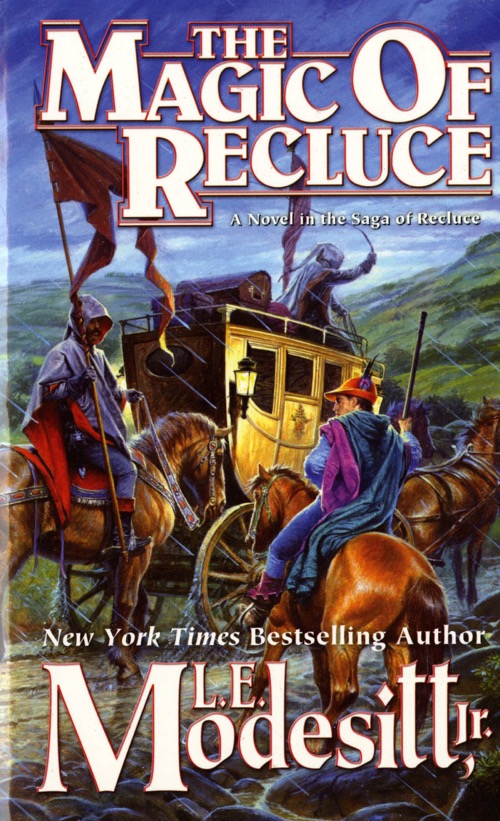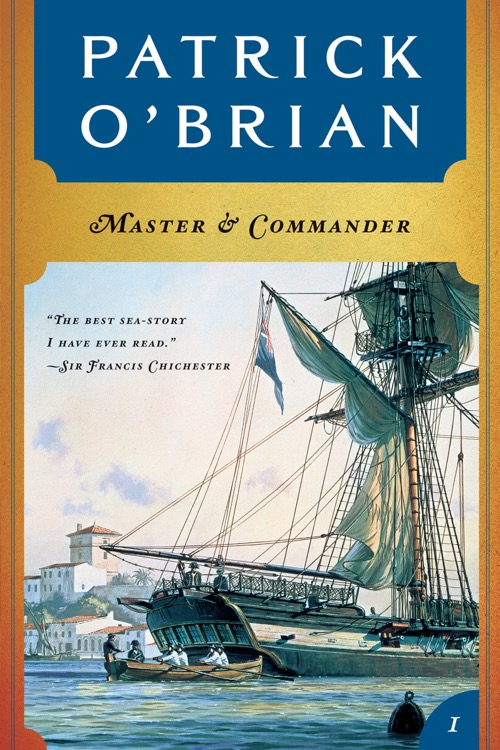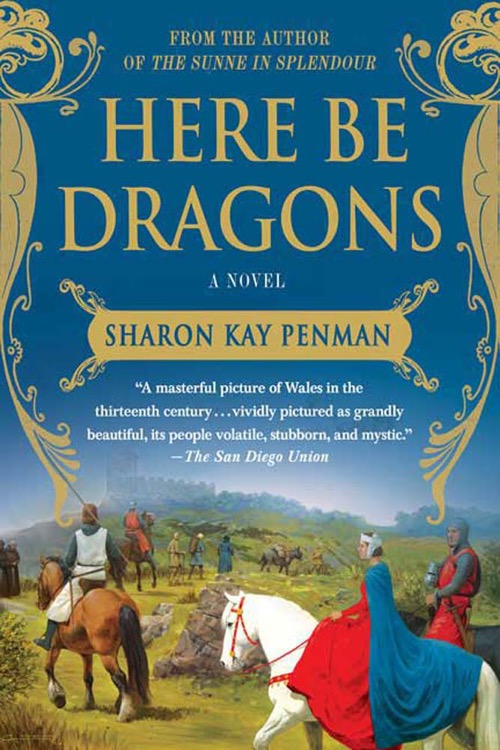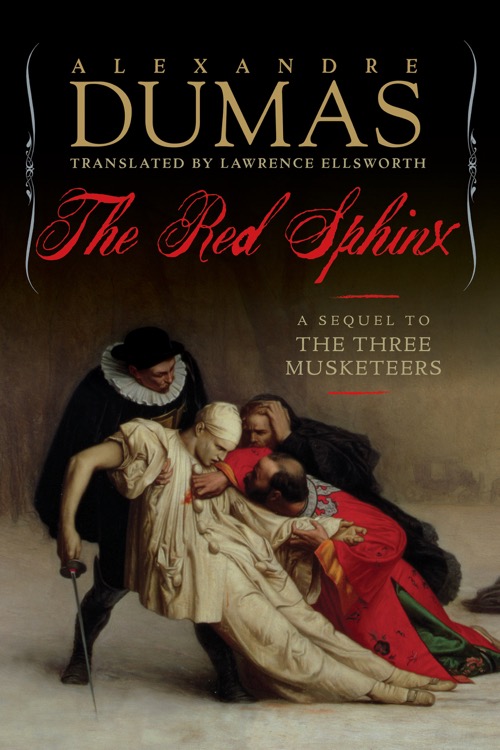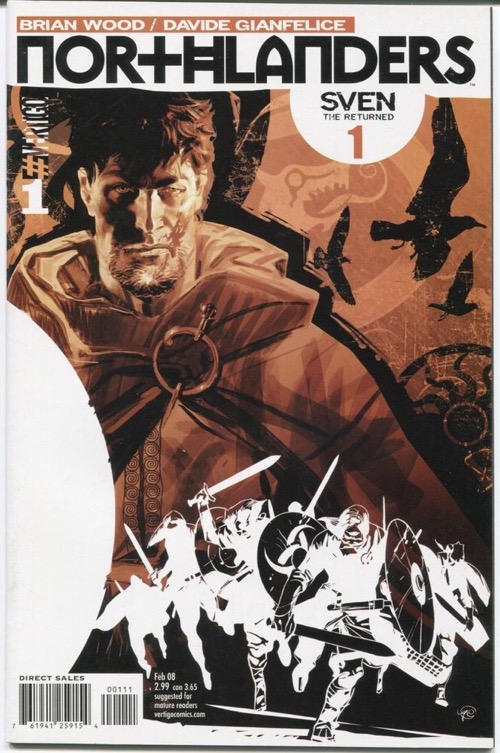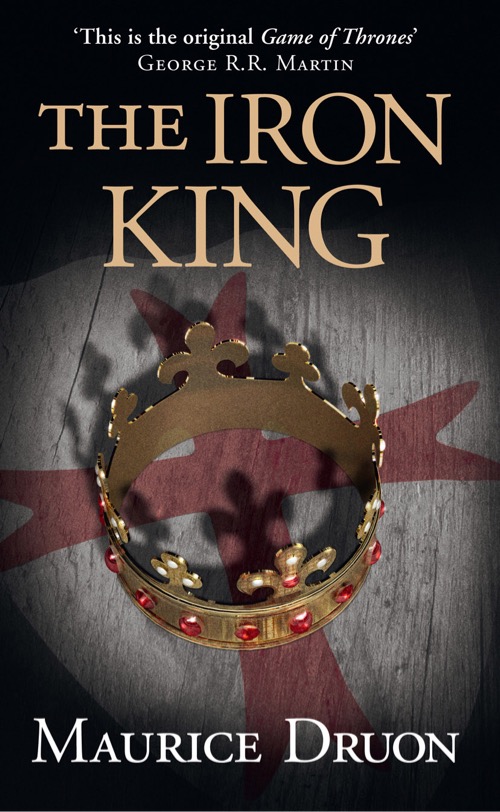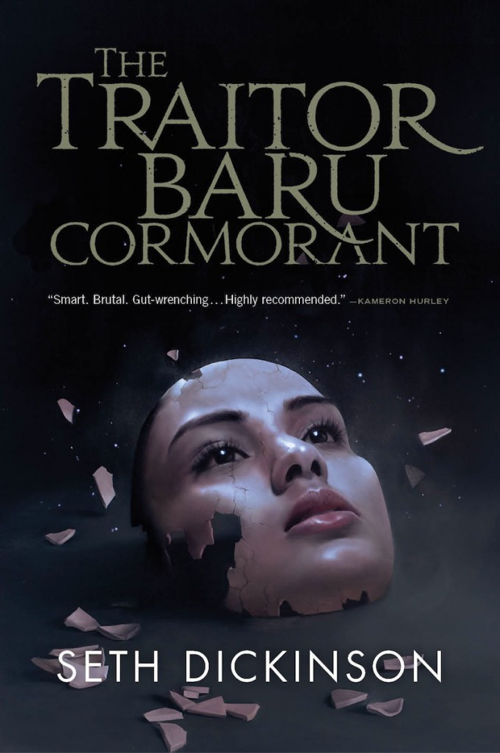$10.99 on Kindle
Here's the hook: apprentice librarians, practically living in a magical library, learning lots and of powerful magic. How would that change you? Here's how author Scott Hawkins describes his novel.
Along those same lines, what if the guy you room with has, through diligent study of his corner of the magic library, become the most dangerous person alive? He’s invulnerable-ish. Maybe he’s not quite at the Superman level, but he’s more than a match for, say, a battalion of infantry with artillery and air support. Your roommate is the absolute pinnacle of the Earthly food chain, and he just drank your last beer. Again.
Maybe when you first moved in together he was nice enough—or not. But over time, the knowledge that he’s completely immune to any sort of discipline has had an impact on his manners. He never vacuums. There are dishes in the sink. The last time he stole your beer you left him a polite note. He broke your arm. Your buddy who resurrects people fixed it—you got her a pint of Haagen-Dazs the last time you bought groceries, so she didn’t even keep you waiting for long–but it still smarted like a sonofagun.
Do you leave another note? Or just suck it up and go to bed?
…What if you decided you wanted out?
How would that even be possible? Even if you did escape after a lifetime in that environment, what would normal people seem like to you?
What would you seem like to them?
…Still, even with their access strictly controlled, these librarians learn some interesting stuff. One guy talks to animals. Another spends weekends commuting to the twenty-third millennium to go clubbing with friends. There’s a woman who keeps a spy army of ghost children, invisible to anyone but her.
Unless you’ve got the soul of a Peter Parker, just living in the vicinity of that kind of power would affect your personality.
The hook and description caught my interest. The editorial reviews solidified it.
“A spellbinding story of world-altering power and revenge…Hawkins has created a fascinating, unusual world in which ordinary people can learn to wield breathtaking power—and he's also written a compelling story about love and revenge that never loses sight of the human emotions at its heart. A wholly original, engrossing, disturbing, and beautiful book.”
—Kirkus (starred)
“An extravagant, beautifully imagined fantasy about a universe that is both familiar and unfamiliar…Hawkins makes nary a misstep in this award-worthy effort of imagination. You won't be able to put it down.”
—Booklist (starred)
"A bizarre yet utterly compelling debut...might remind readers of Robert Jackson Bennett's or Neil Gaiman's horror/fantasies.”
—Library Journal (starred)
“A first-rate novel… a sprawling, epic contemporary fantasy about cruelty and the end of the world, compulsively readable, with the deep, resonant magic of a world where reality is up for grabs. Unputdownable.”
—Cory Doctorow, New York Times bestselling author of Little Brother and Makers
"The most genuinely original fantasy I’ve ever read. Hawkins plays with really, really big ideas and does it with superb invention, deeply affecting characters, and a smashing climax I did not see coming."
—Nancy Kress, Hugo and Nebula Award-winning author of Beggars in Spain
“A pyrotechnic debut...The most terrifyingly psychopathic depiction of a family of gods and their abusive father since Genesis.”
—Charles Stross, Hugo and Locus Award-winning author of Accelerando and The Apocalypse Codex
